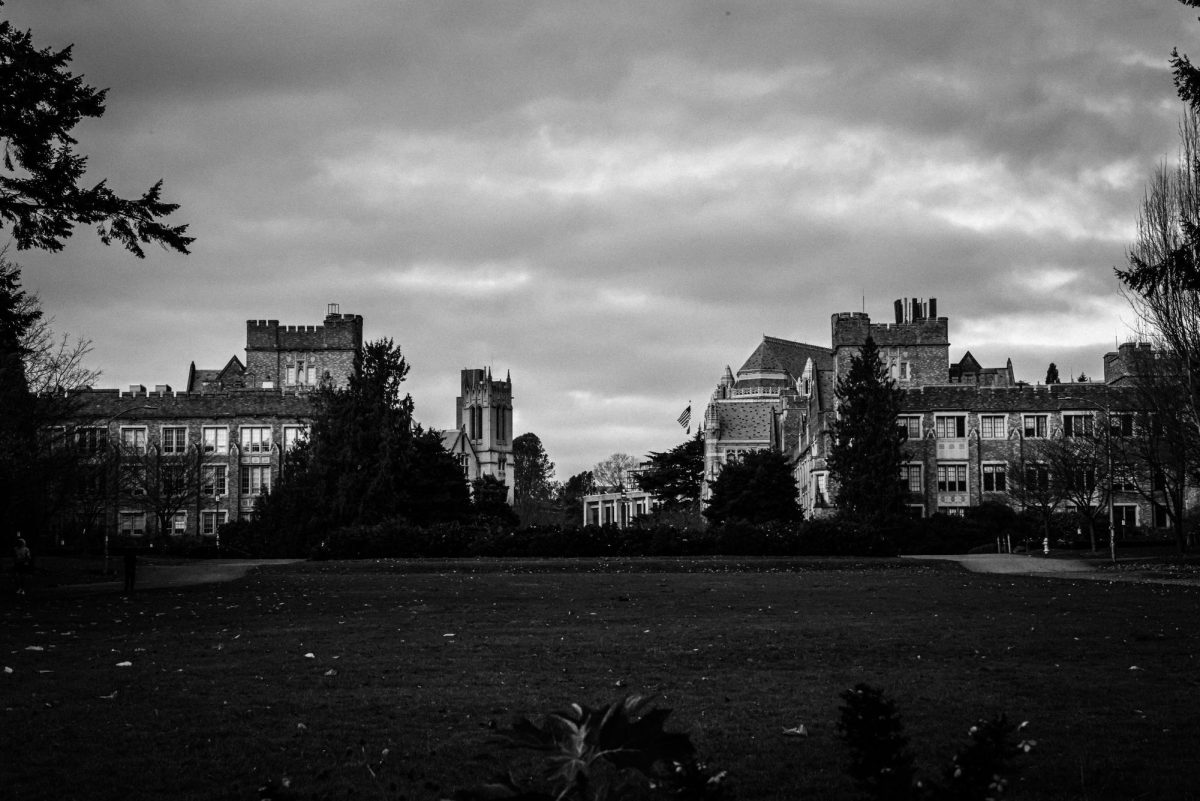Whitman is the target of a potential landmark lawsuit from the Washington Attorney General (AG). The use of landmarks has important legal context. According to the U.S. Court System, a landmark case is a court case that “distinguish[es] a new principle … [or] establishes a ‘test’ or a measurable standard that the courts can apply in future decisions.” There has not been a similar case in legal history where a school was sued under consumer protection for diverting Title IX reports and covering up instances of sexual assault. Sources familiar with the investigation say the Attorney General hopes to set a new standard of enforcement of these types of transgressions. Whitman will likely be used as a legal example by the courts, setting new precedent and breaking legal ground with their decision on how to legally reprimand schools.

Enforcement of penalties for covering up sexual assault was already rare in the U.S. legal system and is typically enforced through the Clery Act, which requires colleges and universities to release reports on certain crimes that occur on campus. The reporting The Wire did earlier this year already revealed multiple potential violations of the Clery Act. Two recent cases of Clery Act violations are Liberty University, which was hit with an all-time high 15 million dollar settlement for over 11 separate violations, and Ohio State, which was fined 4.5 million dollars for not reporting Larry Nassar’s crimes. However, the Attorney General is planning on suing Whitman under consumer protections. The Clery Act is a type of consumer protection law but these types of fines are initiated by the Department of Education not the Department of Justice or Attorney General offices. The AG investigation does not necessarily mean that there will be no Clery Act fines, as in the Ohio State case investigative government action discovered Clery Act violations then fines were enforced.
Consumer protection lawsuits are similarly rare for colleges. In the past decade, they have traditionally been reserved for illegal or deceptive marketing practices by for-profit universities and schools targeted by Operation Varsity Blues. Varsity Blues was the Department of Justice (DOJ) name for the investigation into bribery for admissions. The for-profit universities made false promises about potential employment opportunities post-graduation and were only fined after years of complaints from students. The schools being sued in relation to Operation Varsity Blues are accused of lying about the state of admissions at the school.
The Washington AG could be heading down a similar legal route, potentially claiming that Whitman deceived all of its students by pushing reports to the Code of Conduct. This is similar to false advertising, wherein Whitman lies to its students about affairs on campus in ways that might have influenced their decision to attend the school. Admitted students should know the amount of violence that occurs at a school. The lack of support for Sexual Violence Prevention is also similar, as despite it not being funded or supported, it has been touted as a resource for students. Whitman’s action could be considered a form of false advertising to students. Schools simply cannot claim or report to be doing one thing while doing something extremely different and expect anything other than negative responses. Allegedly, Whitman claimed there were certain levels of sexual assault and functional support systems while burying complaints about sexual assault and refusing to fund these support systems.
Regardless of the legal outcome, Whitman joins an exclusive list of colleges that have been targeted by the government for covering up sexual assault and a similarly small list of colleges who were sued under consumer protections. Many things remain unclear about the AG case and will for some time, as court cases like this can take years once announced and settlements are often reached. This landmark court case will be used in future court cases against other institutions that perform the same type of infractions that Whitman has done for nearly a decade. Our college is likely to become immortalized in legal precedent and citations. We should all be ashamed of our school for being historized in this way, for the actions that led to a need for a landmark case.





